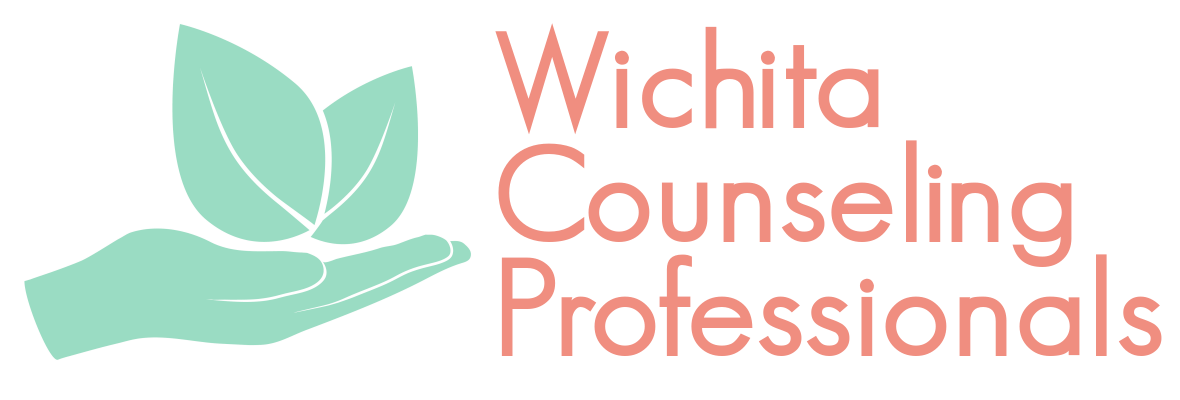Economic Anxiety
Economic anxiety is the concern about the future of one’s economic prospects. This type of anxiety can increase due to loss of household income or decreased purchasing power, causing affected individuals to have a lower quality of life. Anxiety occurs when the idea of a situation is regarded as highly threatening, unpleasant, and doubtful.
Events in an individual’s life, such as unemployment, inflation, and recession, can trigger decreased income. These negative happenings can cause economic anxiety. Low-income households and single-parent families are most affected by economic stress. Financial insecurity is associated with suicide, suicidal thoughts, heart diseases, psychological disorders, and physiological illness.
Many adverse physical and mental conditions are related to individuals who feel economic anxiety. Higher levels of economic anxiety have been shown to increase smoking and weight gain. Studies have also found that economic insecurity causes physical pain and reduces pain tolerance. To further add on, economic anxiety can damage one’s self-esteem and impair cognitive functioning. People become more prone to illnesses such as heart disease and psychiatric disorders.
How to cope:
1. Stay active.
2. Keep seeing your friends and family.
3. Keep your resume up to date.
4. Keep paying the bills.
5. Get debt counseling if necessary.
6. Do not drink, smoke, or use drugs.
7. Do not give up your daily routine.
How do you feel and think about your life? In today’s world of economic troubles, don’t slip into the negative side of living. Ask for professional help to deal with economic anxiety. A professional can help you figure out what is happening. They can challenge your money narrative and mental attitude. The professional can recommend calming techniques. They can propose a plan to alleviate economic anxiety.
